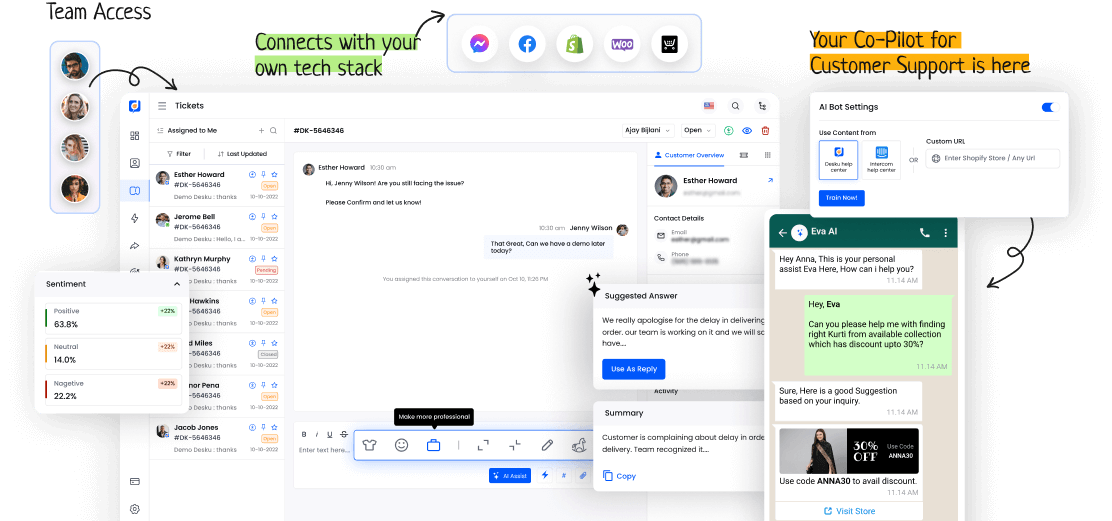Dialed Number Identification Service, or DNIS, is important in telecommunications. It's a useful tool that helps with call routing and management.
When you look into DNIS, you see a world where each dialed digit matters. This makes communication smooth and efficient.
DNIS is more than just numbers; it's about seamless connectivity and better workflows in organizations.
See how DNIS changes modern telecommunication structures and how we connect and communicate.
I. Definition of Dialed Number Identification Service
The Dialed Number Identification Service (DNIS) is a phone feature. It gives the dialed number's information to the call's receiver. Using DNIS is key to send calls to the correct departments or people.
It recognizes the exact number dialed. This ensures callers get to the right place. It makes communication smoother and improves customer service.
II. Benefits and Uses of DNIS
Using the Dialed Number Identification Service (DNIS), firms can swiftly guide incoming calls to the right departments or people.
- DNIS Advantages:
- Makes call routing smoother.
- Cuts down customer wait times, improving their experience.
- Raises overall work efficiency.
Using DNIS programs can truly help firms. They optimize call handling and guarantee smooth talks with customers.
III. Understanding DNIS in Telecommunication Industry
In telecom, knowing Dialed Number Identification Service (DNIS) well is key for professionals wanting to boost call systems. DNIS is crucial in routing calls. It makes sure incoming calls go to the right place or person.





